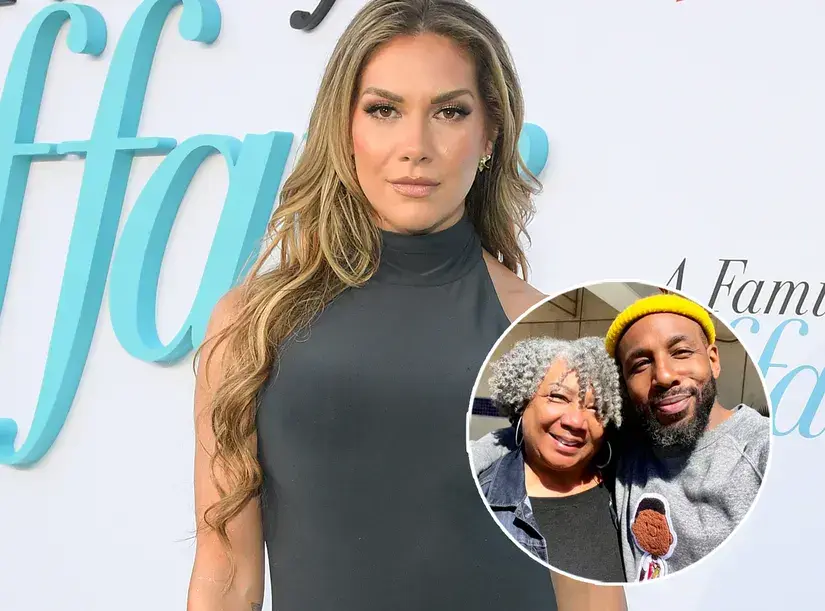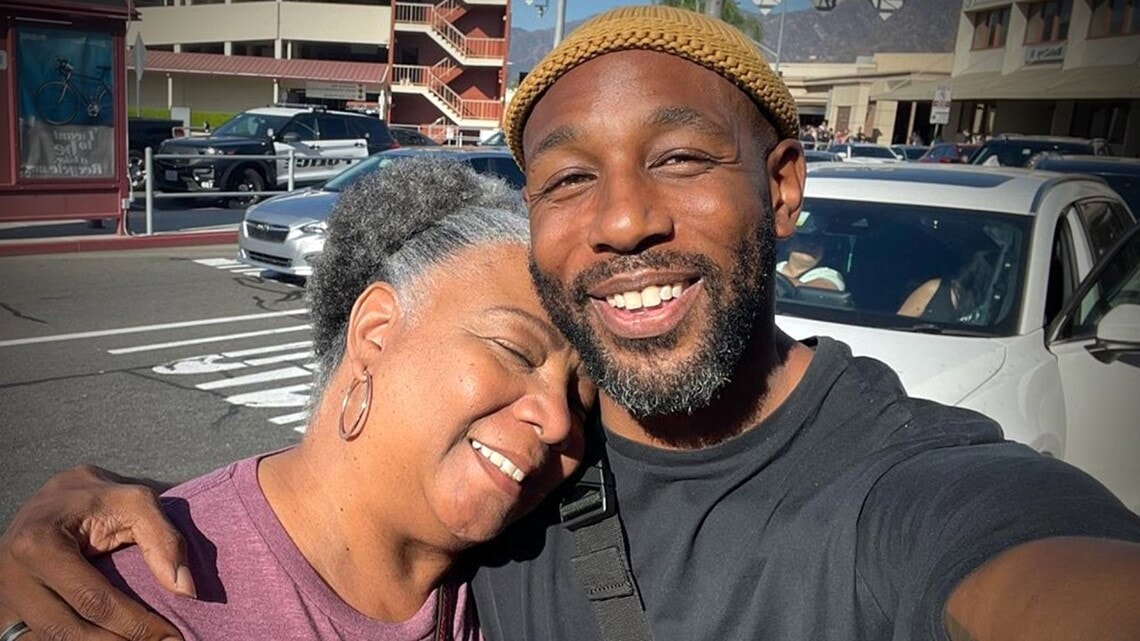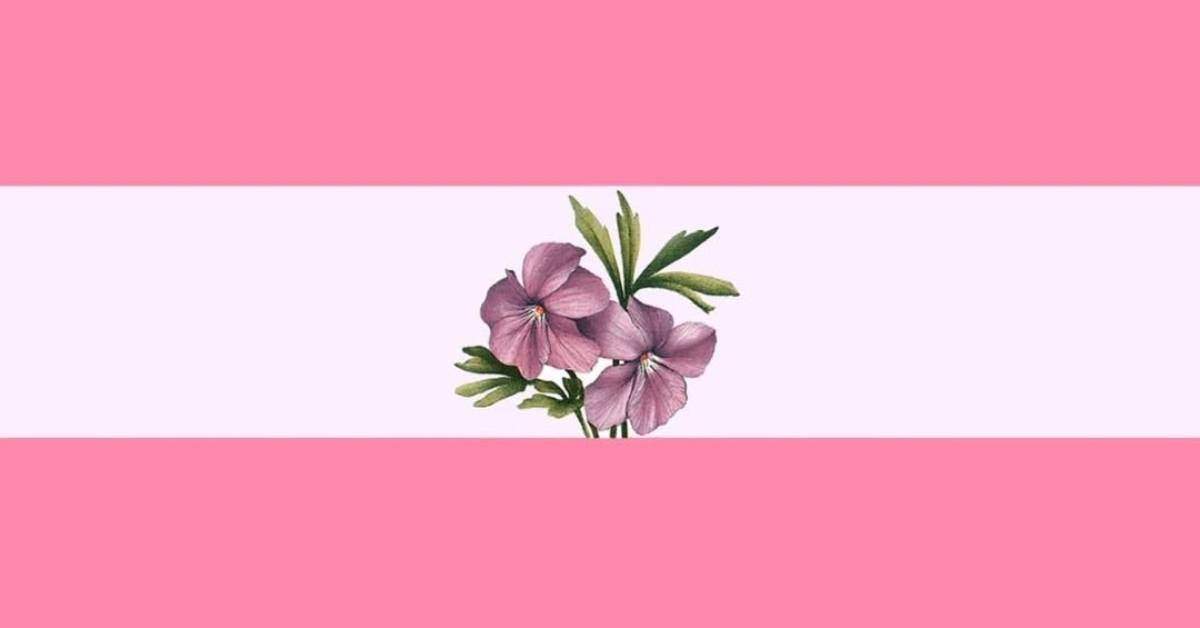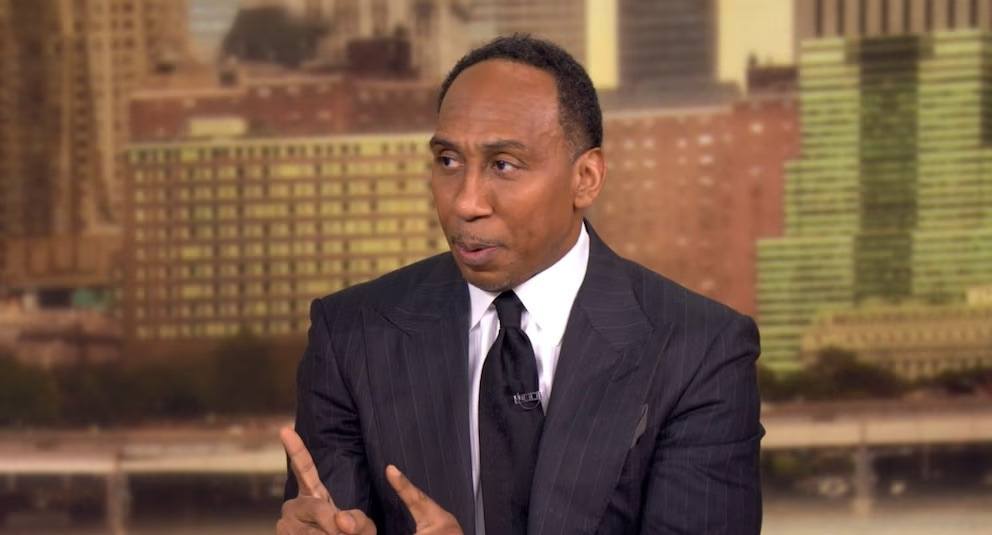BY: Singleton
Published 3 months ago
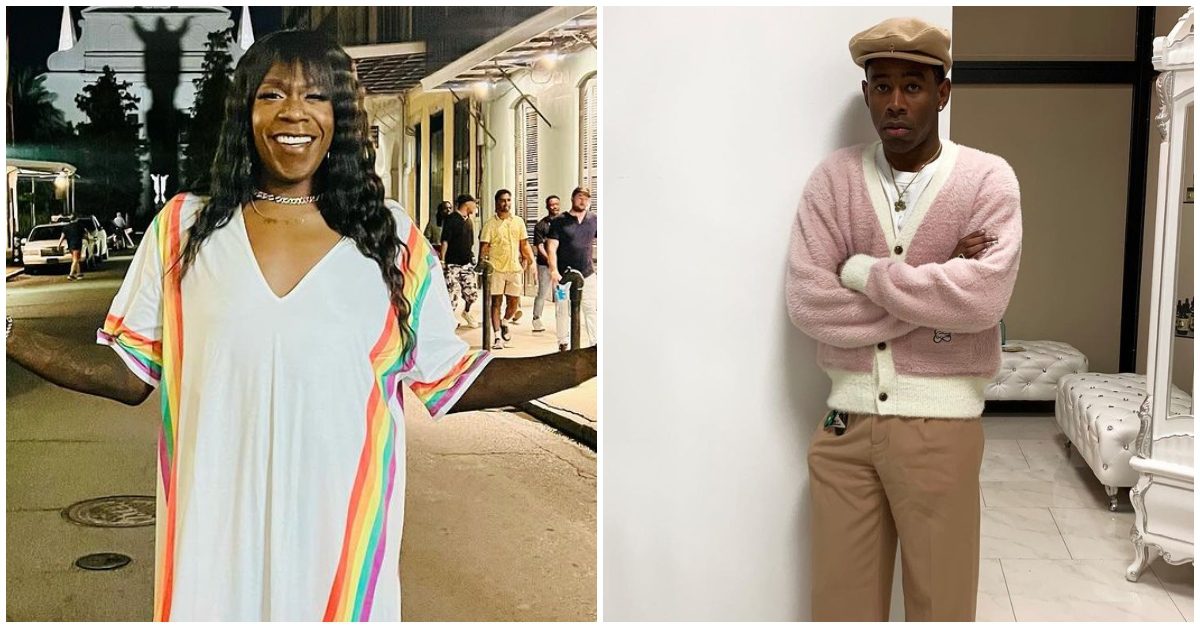
How we express ourselves through arts and culture is one of the few things that separates humanity from the rest of the animal kingdom. Naturally, as society has grown, so has the way we express ourselves through art and music. Music can be heard in every corner of our planet, and each decade has produced new forms of genius and creativity that have advanced the art form. Each genre has evolved in its own way, thanks to the people driving progress.
Some of the biggest contributions to the music industry come from members of the LGBTQIA+ community. From classical to jazz, queer artists have made incredible contributions to music and the music industry from past to present. Here are a few who deserve recognition for progressing the art form and continuing to drive its evolution.
1. Big Mama Thornton
Willie Mae Thornton, known as Big Mama Thornton, was a powerhouse vocalist with a bold personality. Although her work was later popularized by artists like Elvis Presley and Janis Joplin, she was much more than that. Thornton often performed in men’s clothing, challenging societal expectations for women at the time.
In “Why Willie Mae Matters,” Lynée Denise said in an interview with The 19th, “She’s just an OG in so many ways. It’s about the architects, thought leaders, and innovators — the first to introduce something in a context where that thing isn’t loved or well-received. In addition, that OG status is connected to her refusal to care enough to alter who she was. She had a brilliant refusal to care.”
2. Little Richard
“A-wop-bop-a-loo-bop-a-lop-bam-boom!” comes to mind when we think of rock and roll legend Richard Penniman, aka Little Richard. Like Big Mama Thornton, Little Richard grew up in a religious household, taking his big voice and energy from the choir stand to the Chitlin’ Circuit. His best-known song, “Tutti Frutti,” originally had different lyrics, which were changed for mainstream audiences. The original song referenced anal sex, likely inspired by his own experiences.
Little Richard’s relationship with his sexuality was complicated. He once spoke about his interests in femininity and women’s clothing. Additionally, he opened up about being gay, though he later denounced it as unnatural. Despite his later beliefs, his energy and sound had a lasting influence, inspiring artists like The Beatles.
3. Tracy Chapman
Singer-songwriter Tracy Chapman has remained private about her sexuality and personal life. The famed author Alice Walker once discussed their alleged relationship, stirring up some media interest. Walker shared details about their relationship in an interview, although Chapman has kept her personal life separate from her music.
Chapman’s contributions to music are incredible. She recently became the first Black woman to receive a CMA for Song of the Year for “Fast Car,” which initially peaked at No. 6 on the Billboard Hot 100. Thanks to Luke Combs’ cover, she’s again breaking barriers.
4. Big Freedia
Once upon a time, rap had a distinct sound in every region, from the Dirty South to the East Coast vs. West Coast rivalry. However, in recent years, many producers have moved toward a more uniform sound, with artists feeling pressured to conform.
Big Freedia, the Queen of New Orleans Bounce, stands out by staying true to her roots, keeping the sound fresh and authentic. Born Freddie Ross, she embraces fluidity and rejects gender norms. On “College Hill: Celebrity Edition,” she said, “I don’t have a pronoun… it really doesn’t matter to me because I know who I am.”
5. Tyler, the Creator
Tyler, the Creator is a rapper who continues to innovate in hip-hop. He’s come a long way from his early days on “Loiter Squad,” reaching a turning point in his career where he began to take music seriously. In the first episode of Hulu’s “RapCaviar Presents,” Tyler revealed that he had taken a step back and focused on learning music theory. This period of growth was reflected in his fifth album, “Flower Boy,” which demonstrated his artistic evolution and maturity.
Tyler’s ever-evolving sound parallels his semi-public journey with his sexuality. His early music drew accusations of homophobia, which he addressed, saying, “That’s the thing, bro… People knew I wasn’t [homophobic]. People knew the intent!” His latest album, “Chromakopia,” delves into themes of duality, including his complex view of his own sexuality, which he once described as a “gray area” in a 2018 interview. Recently, he shared a behind-the-scenes look into the album’s creation, showcasing his collaborations and the meticulous layering of sounds to build the immersive, atmospheric world of “Chromakopia.”
People often mistake popularity, streams, and revenue as quality indicators, but these metrics do not define artistic value. The artists on this list don’t prioritize numbers and popularity alone; they see music as a medium for storytelling, connection, and cultural representation. In an era where popularity can overshadow artistry, they stand out for pushing music forward rather than settling for the status quo.
Who are some of your favorite queer icons that have impacted the music industry? Comment below!
